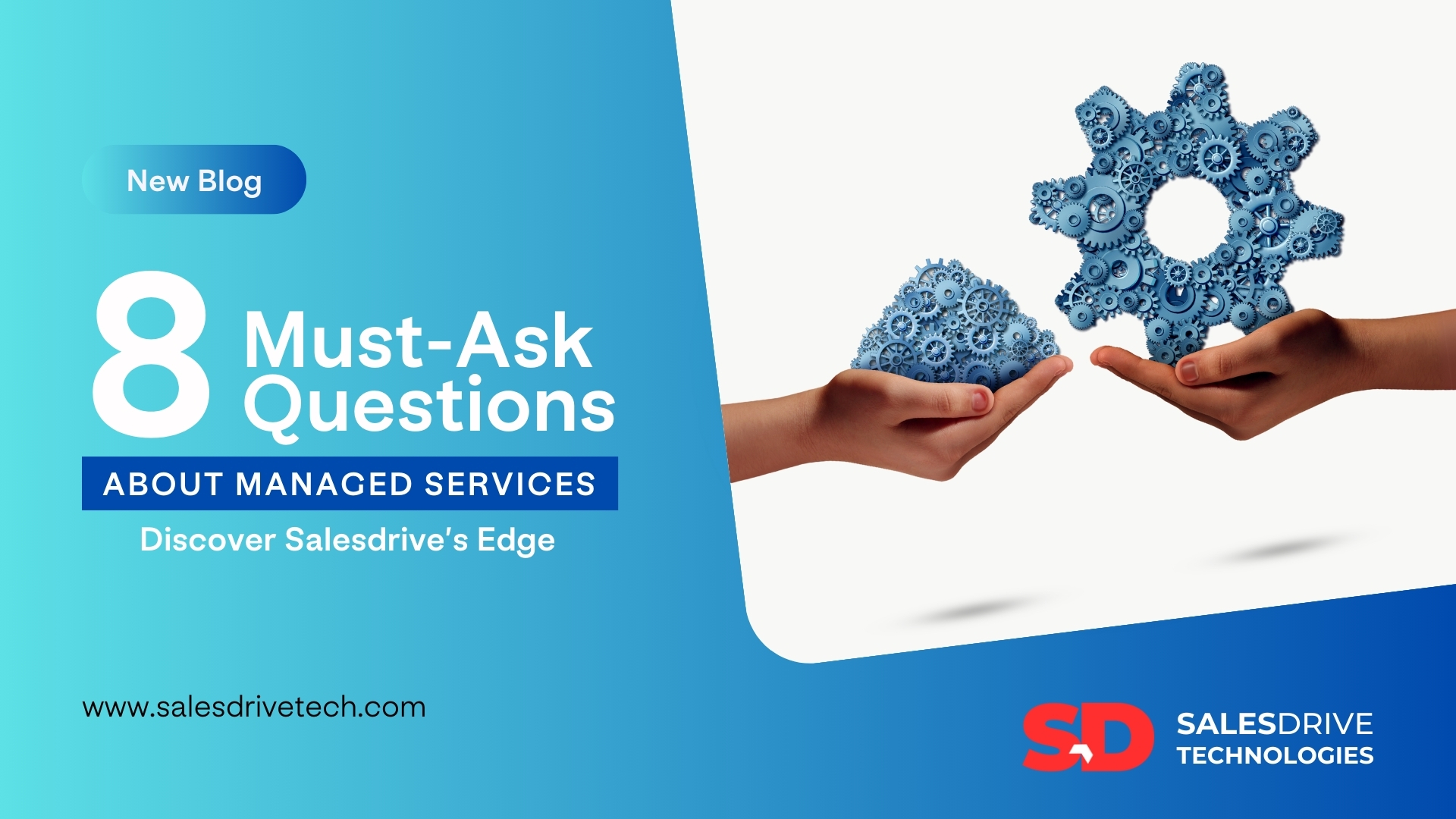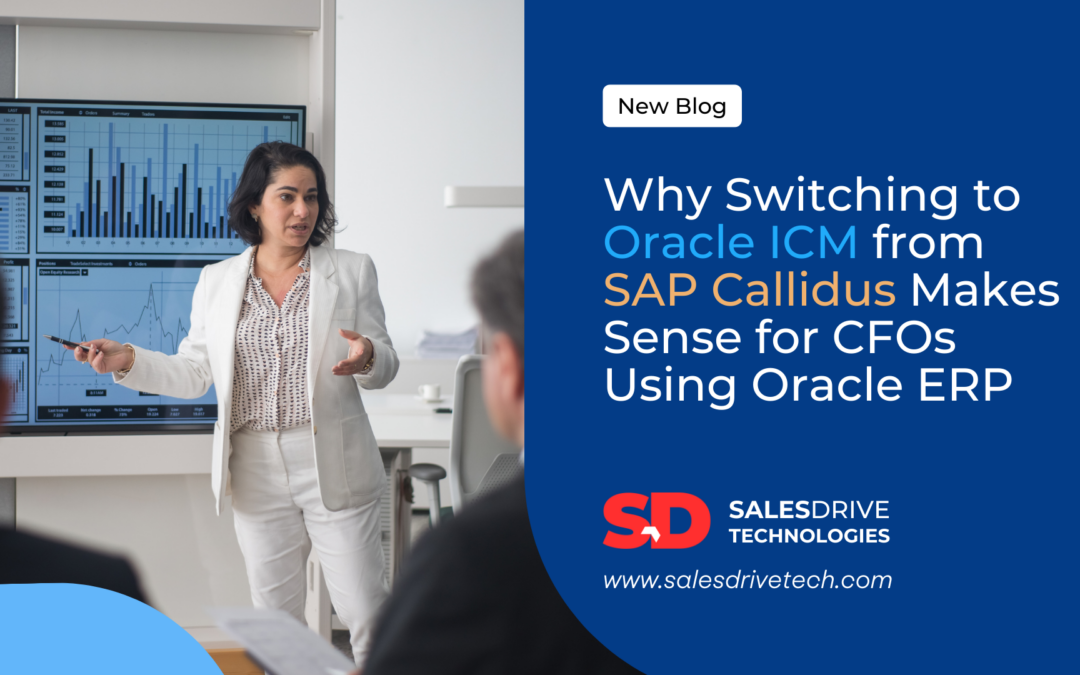Companies often have skilled sales teams equipped with the latest tools, yet they find themselves limited by inefficient processes and outdated systems. The complexity of managing Sales Performance Management (SPM) solutions highlights a significant challenge: simply having the tools isn’t enough. Businesses need strategic partners who can guide them through implementation and ongoing management to ensure they maximize returns on their investments. Managed Services play a crucial role in optimizing sales operations, empowering teams to unlock their full potential and secure long-term success.
Key Questions and Insights About Managed Services
1. What Are the Key Advantages of Using Managed Services?
Managed Services offer numerous benefits that go beyond simple maintenance. Companies that engage managed service providers (MSPs) gain access to dedicated teams of specialists who handle the ongoing upkeep of SPM solutions. This expert support includes tailored software configuration, comprehensive user training, and day-to-day assistance. Additionally, MSPs ensure companies stay current with evolving features, enhancing the effectiveness of sales teams. Effective data management is another cornerstone benefit, as MSPs assist with data integration, cleansing, and analysis—vital for making data-informed decisions. Advanced reporting and analytics are also facilitated, enabling organizations to visualize data and conduct deep performance analysis.
2. How Do Managed Services Benefit Different Teams Within a Company?
Managed Services create ripple effects of value across various departments:
- Sales Leaders: Teams experience up to a 15% increase in quota attainment when using SPM solutions with managed service support.
- Compensation Administrators and HR Teams: Managed Services contribute to a 17% higher win rate for companies.
- All Departments: Administrative tasks can be reduced by up to 25%, freeing up time for more strategic initiatives.
3. What Is Salesdrive’s Approach to Managed Services?
Salesdrive Technologies has developed a structured four-step process to deliver Managed Services seamlessly:
- Introduction and Needs Assessment: The process begins with understanding a company’s background, unique challenges, and goals.
- Requirements and Scope Evaluation: Salesdrive’s team assesses the current IT environment, discusses detailed requirements, and presents a transparent pricing plan.
- Proposal Presentation and Q&A: The team provides a thorough walkthrough of the proposed services and answers any questions.
- Project Kick-Off and Ongoing Support: Once the proposal is accepted, Salesdrive ensures a smooth transition with continued support to meet evolving business needs.
4. How Does Salesdrive’s Approach Differ from Traditional Vendor Models?
Unlike traditional vendors, Salesdrive employs an outcome-based billing approach, which means clients only pay for the results achieved. This model allows IT teams to concentrate on strategic projects rather than routine tasks, thanks to the comprehensive support provided by Salesdrive’s certified professionals.
5. Does Salesdrive Offer Tailored Solutions?
Yes, Salesdrive customizes service packages to meet specific business needs. Whether a company requires data management, analytics support, or specialized training, Salesdrive adapts its services to deliver maximum value.
6. How Can Managed Services Help with Technology Decisions?
Managed Service Providers act as strategic partners who assist businesses in making informed technology decisions. They leverage data-driven insights to assess current technology stacks and align recommendations with business goals. Performance metrics like productivity, efficiency, and customer satisfaction guide their analysis, ensuring that the chosen solutions support growth.
7. What Are the Risks of Making Intuition-Based Technology Decisions?
Relying on intuition alone can lead to poor technology investments. For instance, companies might adopt software that fails to integrate smoothly with existing systems or doesn’t address critical business challenges. Managed Services mitigate these risks by employing data-backed evaluations to inform decision-making.
8. How can Managed Services help businesses make smarter technology investments?
Salesdrive’s approach includes:
- Comparing ROI of New Technologies: Salesdrive evaluates the potential ROI of new technologies against their implementation and maintenance costs.
- Reducing the Risk of Wasted Resources: By using data-driven insights, Salesdrive ensures that investments are allocated to solutions that deliver tangible results.
- Driving Long-Term Value: Salesdrive recommends scalable options, such as cloud solutions, to support future growth and flexibility.
Conclusion: The Managed Services Advantage
Managed Services offer unparalleled support for businesses seeking to optimize their sales and technology investments. By providing dedicated expertise, data-driven insights, and customized solutions, MSPs like Salesdrive Technologies help organizations reduce risks and achieve long-term success. In an era where every advantage counts, partnering with a reliable Managed Services Provider can be the difference between thriving and merely surviving.




